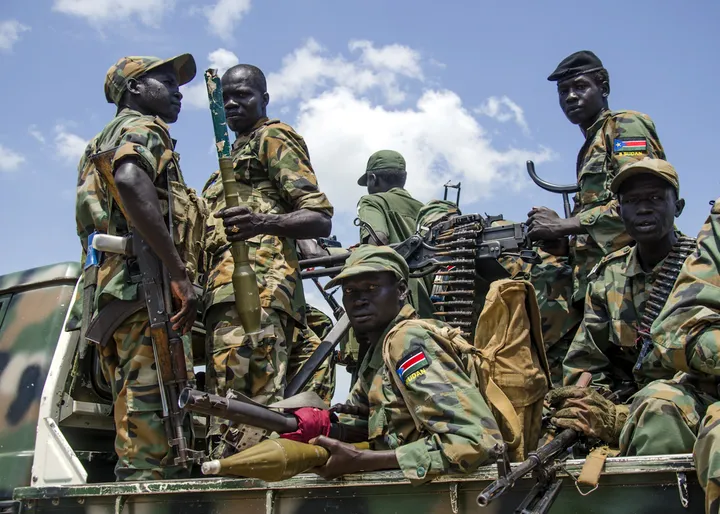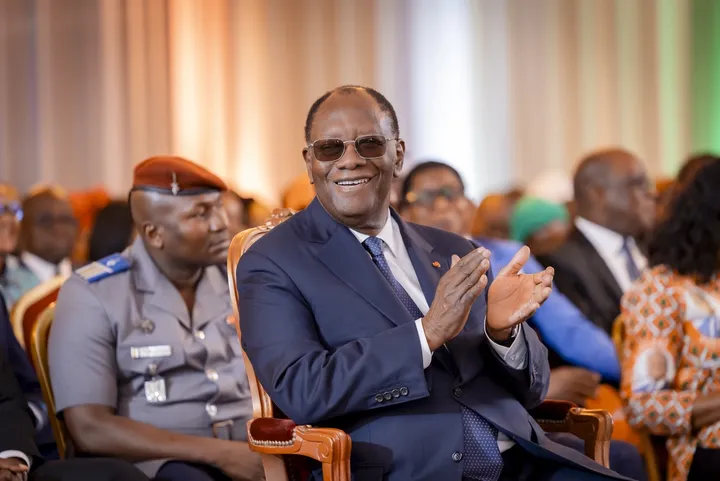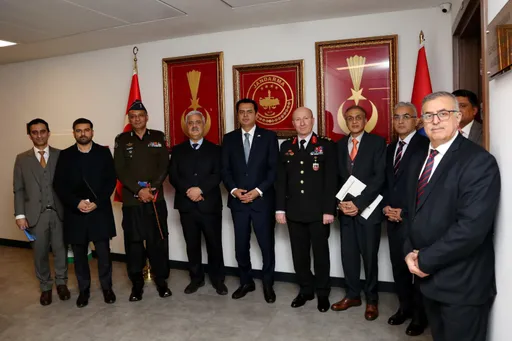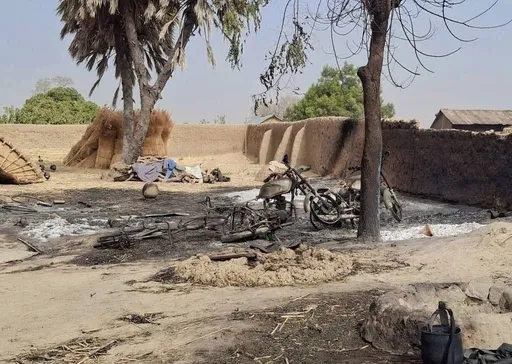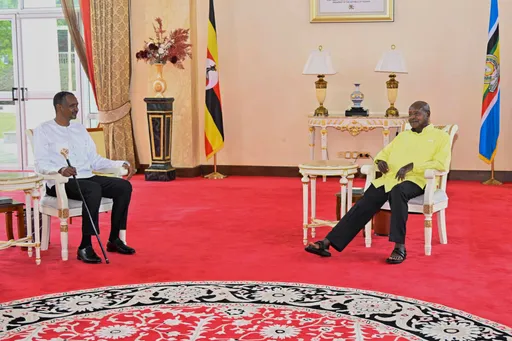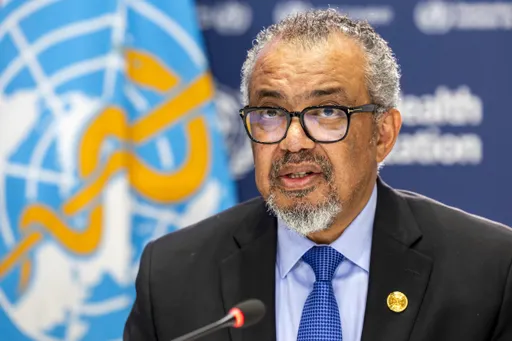Trump reignited controversy last week after claiming that Christianity faces an “existential threat” in Nigeria and announcing that he was adding the West African country to a US State Department “watch list.”
“Thousands of Christians are being killed,’’ Trump wrote on his Truth Social platform, accusing Nigeria’s government of turning a blind eye to what he called “religious persecution” and ‘‘mass slaughter”.
He said Nigeria — Africa’s most populous nation and top oil producer — would be placed on a “Countries of Particular Concern” list for alleged violations of religious freedom.
However, Nigeria rejected the claims, saying they were based on “false and politically motivated reports” promoted by separatist groups.
Speaking to Russia National TV (RTU), Daniel Bwala, Special Advisor to President Bola Ahmed Tinubu on Policy Communication, said the government was working to “de-escalate tensions” and focus on security cooperation with the US rather than confrontation.
“We try our best to downplay the rhetoric because we know it does not reflect the realities on the ground,” Bwala told RTU.
“The decision of President Trump is anchored on misleading reports from a separatist group, (Indigenous People of Biafra) IPOB, which falsely claims there is a genocide of Christians in Nigeria.”
Bwala dismissed such claims as “politically motivated”, citing independent findings that show violence in Nigeria has affected people from various religious and ethnic backgrounds.
“Even the reports cited by those groups show that both Christians and Muslims have been victims,” he said. “You cannot call it genocide against one group.”
The advisor also commented on statements by Sudan’s military leader Abdel Fattah al-Burhan, who alleged that Western intelligence agencies were behind instability in Nigeria.
“If that report is correct, it fits into the pattern of creating a problem, offering a solution, and reinventing yourself,” Bwala said. “But as a government, we focus on solving the problem, not fueling conspiracy.”
Bwala acknowledged Nigeria’s ongoing battle with insecurity, noting the country’s limited manpower and equipment in tackling armed groups, including Boko Haram terrorists, across a vast territory.
“We have fewer than 400,000 soldiers and 400,000 police for a population of 230 million,” he explained. “Our challenge is not political will, but capacity. What we need is intelligence sharing and access to military hardware — not foreign boots on our soil.”
He thanked Trump for earlier lifting restrictions on arms sales to Nigeria, but criticised clauses that limited how those weapons would be used.
“Insurgents exploit these restrictions by relocating to areas where those weapons cannot be deployed,” he noted.
On the geopolitical dimension, Bwala drew parallels with past US interventions in other countries around the world.
“Most of these conflicts — Iraq, Libya, Afghanistan — involved resource-rich nations,” he said. “Even their own (US) leaders later admitted those interventions were mistakes.”
The presidential advisor concluded with a call for mutual respect and dialogue between Abuja and Washington.
“Nigeria and the United States share democratic values and common security interests,” Bwala stressed. “You cannot call a friend a partner and threaten to invade them at the same time. We believe President Trump seeks dialogue, not confrontation.”
The situation underscores Nigeria’s position, as the country remains committed to focusing on security and fostering cooperation with international partners while firmly rejecting unfounded claims that could escalate tensions or distort the realities on the ground.


